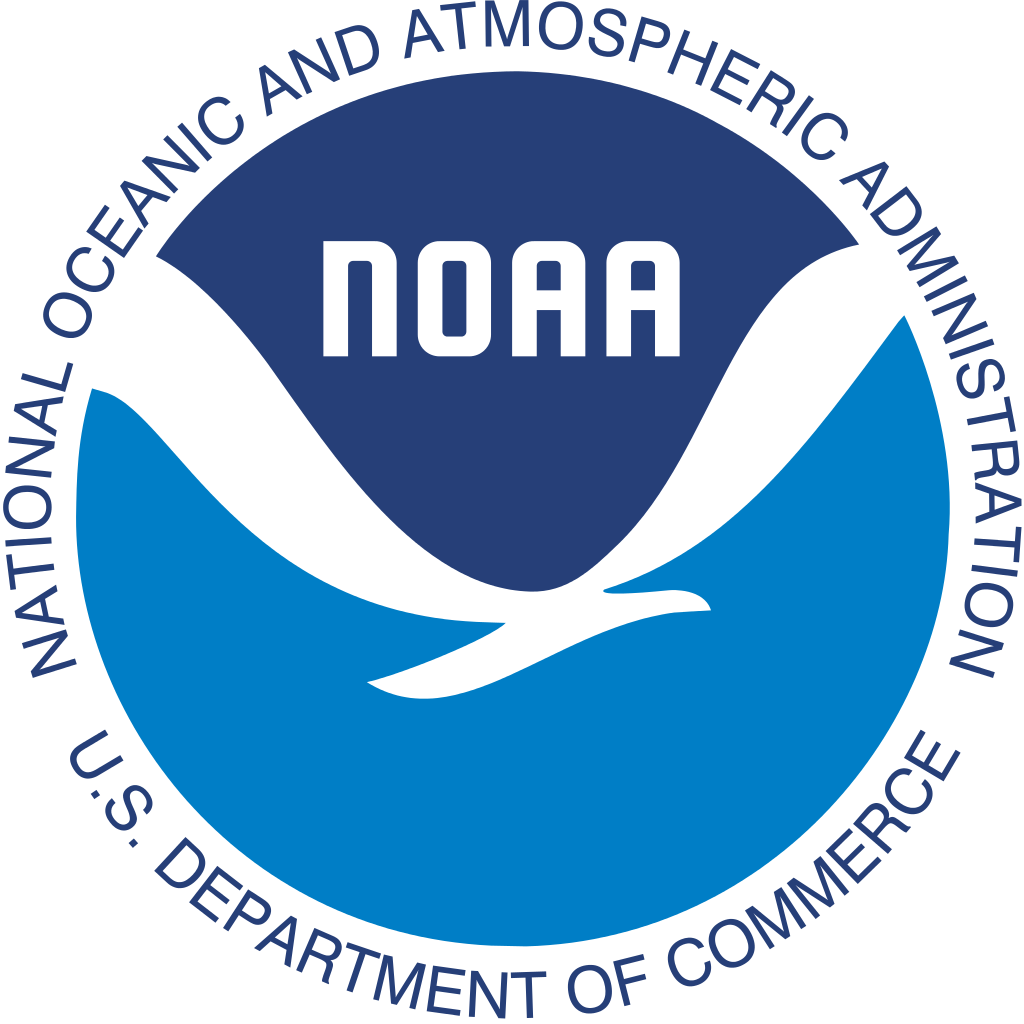Jacksonville is in the "lower basin" of the St. John's River -- which begins where the Ocklawaha River feeds into it and continues to the Atlantic Ocean at Mayport Village. The waters move very slowly -- from the headwaters just west of Vero Beach to its mouth in Mayport Village, the land drops only 27 feet in elevation over the River's 310 miles, so gravity does not exert much force on the waters. As the River flows through Jacksonville it is more connected to the sea than the freshwater lakes, swamps, 51 springs, and rainwater which characterize its first 250 miles.
From the north, the ocean saltwater flows back down into the River in tidal surges -- almost 60 million gallons of water a minute swirl back and forth between the River and the salty sea. In addition, just north of downtown the River turns east and at Mile Point is intersected by the saltwater of the Intracoastal Waterway.
The mixture of fresh and saltwater complicates things. On the one hand, the saltwater moving south down the River kills freshwater submerged grasses which are common south of Jacksonville. Those submerged grasses -- where many species live, feed and hide from predators -- are full of life. But also full of life is the estuary -- the tidal mouth of the River and the ICW connection -- where over 80% of Florida's fish and shellfish depend on at some point in their life cycle.
Thus, the St. Johns River supports an amazing assortment of fish, birds, mammals, reptiles, and plants.
But the River has its challenges -- including leaking septic tanks, wastewater discharge from utilities and businesses, stormwater runoff from farms, parking lots and yards, attempts to siphon off the surface water to supply inappropriate uses by cities in central Florida, banning of harvesting shellfish in the River due to fecal bacteria, invasive species and illegal dumping. The mammouth corporation, Georgia-Pacific, has even built a pipeline out into the middle of the River to dump its wastewater, adhering to the discredited notion that "dilution is the solution to pollution." Because the River waters move so slowly northward, pollution is not quickly flushed out as in many other rivers. Organizations like the St. Johns Riverkeeper and the Clean Water Network have fought gallantly to keep the River as clean and healthy as possible. The St. Johns River Water Management District and the City of Jacksonville's Preservation Project purchased large tracts of land on the River to help protect it by keeping those areas from being developed.



